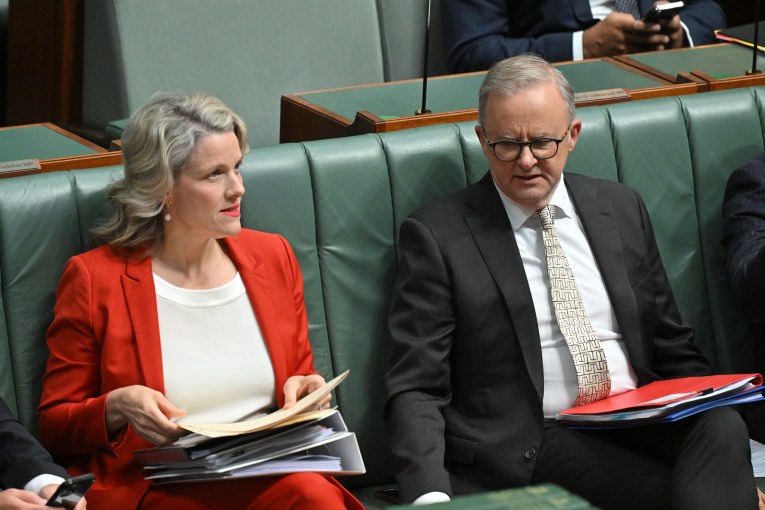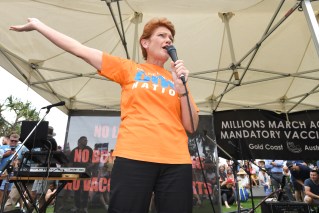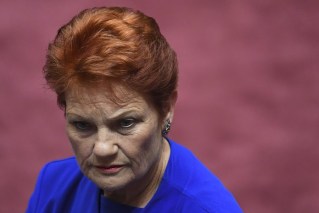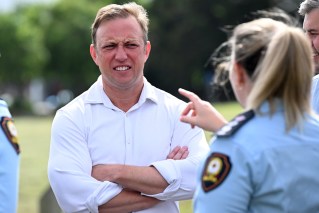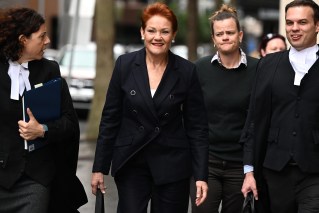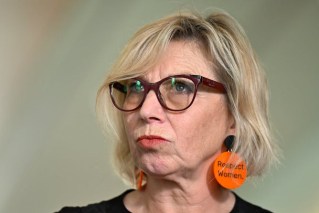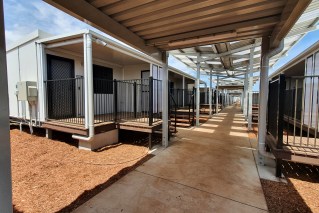Apology to Aussie veterans after royal commission’s searing suicide report
The federal government has apologised to Australian veterans and their families for failings in the way the defence forces and veterans affairs department have operated.
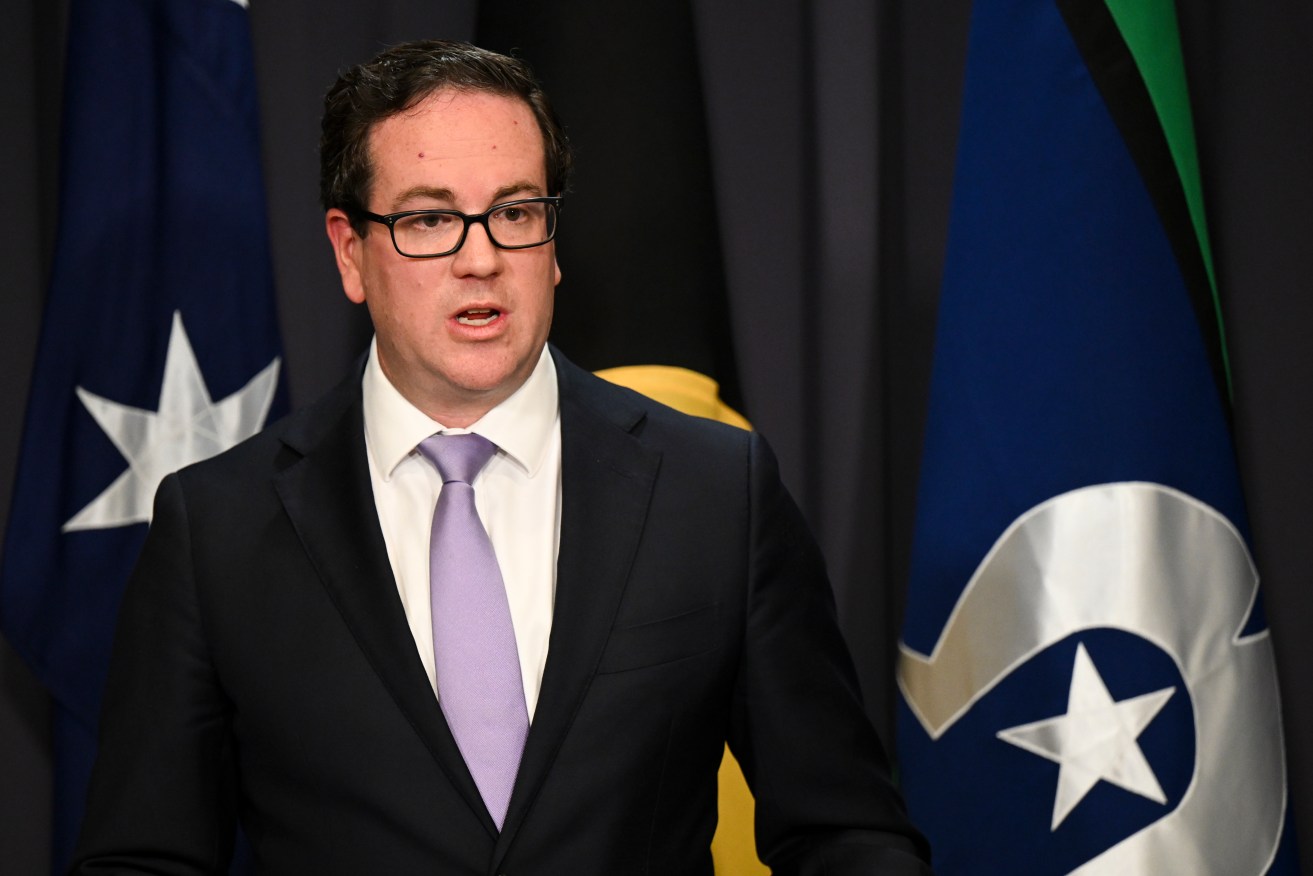
Australian Veterans’ Affairs Minister Matt Keogh. (AAP Image/Lukas Coch)
The apology comes after the Royal Commission into Defence and Veteran Suicide released its 300-page interim report and 13 initial recommendations on Thursday.
“To people that have felt they have not got the treatment that they deserve … I apologise for that,” Veterans Affairs Minister Matt Keogh told reporters in Canberra.
“It wasn’t under our watch, but as the government of this country, veterans always deserve the best and we should be delivering that.”
Keogh said he hoped the interim report would help address cultural issues within defence.
Speaking after its release, he said cultural issues within the defence force needed to be focused on.
“Clearly, something’s not working in defence, and what’s not working is quite diverse,” he said.
“That’s why there’s been a royal commission called to look into them.”
The interim report made 13 initial recommendations, calling for urgent changes to Australia’s defence personnel support network, also recommending a backlog of veteran claims be cleared by March 2024.
The government has indicated it would move as soon as possible on implementing the recommendations, but did not commit to an exact time frame.
The interim report said it had concerns about a range of cultural issues within the ADF, in particular how they negatively impact members.
“There is more work to be done to embed cultural reform across the ADF, including creating a safe and supportive culture where service members feel empowered to come forward and ask for the help they need,” the report said.
Mr Keogh said cultural issues within the defence force, including the transition from military to civilian life, was a key focus.
About 6000 personnel leave the ADF each year, which for some – the report said – can be a “challenging and traumatic time”.
“There are … multi-factorial, complex issues behind that. Some of those may be cultural, or they may be structures that are in place that are just not fit for purpose and haven’t evolved in a way that we would expect to see,” the minister said.
“I would expect that all government agencies involved will obviously be part of making sure that we can get on with those recommendations, and we’ll do the things that are required.”
Australia Defence Association executive director Neil James said he was confident the interim report and the recommendations could bring about cultural change.
However, he said legislative reform was needed to achieve that, as well as a mindset shift.
“Within the culture there is that clash between individual needs for mental health support and not wanting to let the team down,” he said.
“It’s very, very hard to solve this cultural problem because defence is based on teamwork … people tended to not come forward with mental health issues as they feel like they would let the team down.”
Australians wanted to see veterans treated better but issues could not be fixed overnight, Opposition Leader Peter Dutton said.
“Certainly from my perspective (the coalition) provided every support, not just through increased funding but additional support through services, mental health services, and the like,” he told reporters in Sydney.
“There is enough blame to share across both sides of politics, but I think this is not an issue about politics … we should be doing more as a country to provide support to those who defend us and keep us safe.”
While Keogh said he didn’t have a time frame for when the backlog would be cleared, he wants it done as soon as possible.
The government has allocated 500 additional staff to the department to help get through the claims, he said.
“All people who put on a uniform and sign up to serve our nation … they deserve the best support while serving and after they transition to civilian life,” Keogh said.
“This is particularly the case when individuals encounter mental and physical injury. This is a commitment that we owe our defence personnel, veterans and their families.”
Keogh said he had confidence in the veterans affairs department to assist defence personnel as much as possible.
A formal response from the government to the commission will be provided in the coming months.
“We recognise the importance and the significance of this report … It is vital that these (recommendations) are now addressed as a priority,” Keogh said.
Lifeline 13 11 14
Open Arms 1800 011 046
